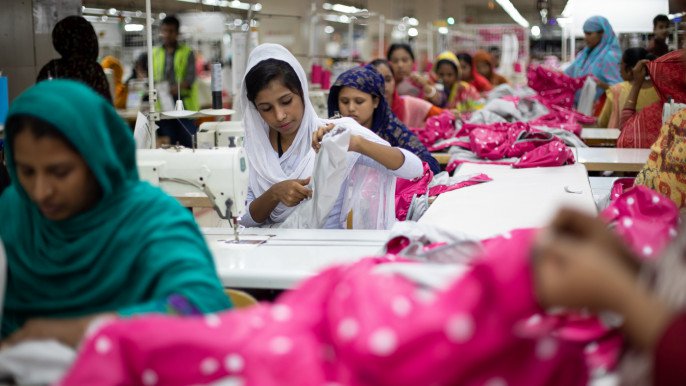Published in the Financial Express on 30, May 2017
Accessible workplace for persons with disability can significantly increase business while reducing transaction cost, speakers said on Tuesday.
More than 90 companies employ disable people, they said, calling upon garment factories to adopt inclusive business policy and recruit more persons with disability to bring them into the mainstream economy.
“We have realised that through charity approach, inclusion and business needs can’t be addressed and are convinced that accessible workplace for persons with disability would significantly increase business while reducing cost of doing business,” Inamul Haq Khan, managing director of Ananta Group, said.
The views came at a seminar on “Inclusive Business: Could it Lead to Higher Productivity and Better Working Conditions?” jointly organised by the Centre of Excellence for Bangladesh Apparel Industry (CEBAI) and International Labour Organization held in a city hotel.
Ananta is one of three garment factories-Bitopi Group and Shin Shin Group, which have expressed their willingness to further enhance workforce inclusion for persons with disabilities.
The three companies, which together employ over 40,000 workers, signed an inclusive business policy formalising their respective business policies to promote gender equality and create better access for persons with disabilities in the RMG sector.
The agreement will see the companies bring their disability inclusion policies in line with the ‘Rights and Protection of Persons with Disability Act 2013′.
CEBAI, supported by the ILO, the governments of Bangladesh and Sweden, H&M and the Bangladesh Garment Manufacturers and Exporters Association (BGMEA), helps meet the need for a skilled labour force in the apparel sector by providing competency-based training in areas where demand from the industry is higher.
State minister for labour Mujibul Haque was the chief guest at the seminar moderated by vice president of the BGMEA Mohammed Nasir.
An inclusive business policy will provide equal opportunities for all members of the society enabling them to contribute to the economic growth of the country, the minister said, adding this would benefit women and persons with disabilities while also helping companies better engage and utilise employees.
ILO Bangladesh Country Director Srinivas B Reddy said, “Inclusion is at the heart of ensuring social justice and an equitable society. It is a positive step to see these high level business leaders take the lead in driving forward workplace inclusively.”
President of Bangladesh Employers’ Federation Salahuddin Kasem Khan, President of the Federation of Bangladesh Chambers of Commerce and Industry Shafiul Islam Mohiuddin, President of the BGMEA Md Siddiqur Rahman, and CEBAI president Md Atiqul Islam, among others, spoke at the seminar.
 CPD RMG Study Stitching a better future for Bangladesh
CPD RMG Study Stitching a better future for Bangladesh




